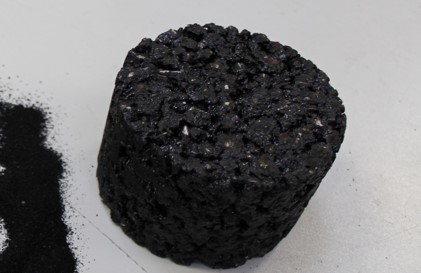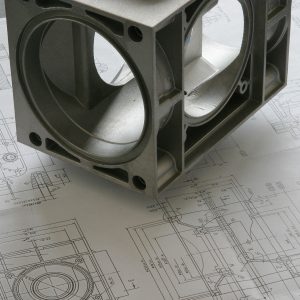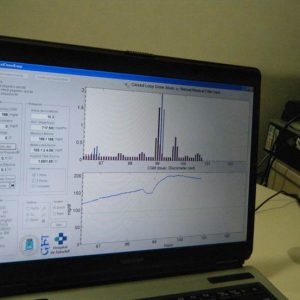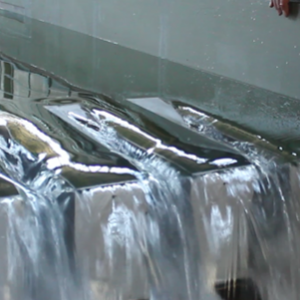Brief description of the solution and the added value it delivers
End-of-life tyres pose a serious environmental, social and economic problem. For that reason, the Spanish Ministry of Development is currently drafting new regulations to give renewed impetus to the use of rubber in asphalt products for road building and repair. The new legislation states that mixtures including some technological innovation that succeeds in lowering the usual manufacturing temperature of such mixtures will be preferable. SOS-ASPHALT is a technological innovation involving rubber mixtures manufactured at around 25 to 30°C less than a conventional rubber mixture. SOS-ASPHALT mixtures offer good mechanical performance, consume less energy from fossil fuels and reduce greenhouse gas emissions. Furthermore, less fumes that could be harmful to the operators are given off, improving occupational risk prevention.
Description of the technological basis
By adding organic waxes to the rubber mixture, it is possible to reduce the manufacturing temperature in the asphalt plant, as well as the asphalt laying temperature. This results in reduced energy consumption and greenhouse gas emissions, without affecting the mechanical properties of these mixtures. SOS-ASPHALT is a breakthrough because it improves existing rubber mixtures by adapting them to the new recommendations of the forthcoming regulations to be published by the Ministry of Development. By making use of waste products (circular economy) and saving energy, mixtures of this kind will be chosen in tender processes over conventional solutions, and their integrated nature makes them easy to use in any setting.
‘By reducing energy consumption, emissions and fumes, this technological solution will be the top choice in tender processes organised by public authorities’
Business needs / application
Energy and the environment
-
Reduction in greenhouse gas emissions
-
Reduction in energy consumption (fossil fuels)
-
Reuse of waste material: powder from end-of-life tyres
Nanotechnology and materials
-
Excellent mechanical properties
-
Sustainable
-
Highly durable
Transport
-
Sustainable material for building and repairing road infrastructure (motorways, roads, streets, etc.).
Competitive advantages
-
Savings of around 25% in the consumption of energy from fossil fuels (diesel).
-
Reduced greenhouse gas emissions (CO2, etc.) by 20 to 40%.
-
Operators responsible for spreading asphalt mixtures are exposed to less fumes (improvement in occupational risk prevention).
-
Ability to increase transport distances.
-
Less ageing of the material, increasing its durability by around 20%.
-
Very good mechanical performance.
-
No additional implementation cost.
References
- Prize for the best doctoral thesis relating to road infrastructure innovation from the Spanish Road Technology Platform (Plataforma Tecnológica Española de la Carretera: PTC).
- Interviews with the researcher promoting the solution: MIT Technology Review; NTN24 (television channel in the USA).
- 3rd prize in the UPM_innovtech 2T Challenge 2018 for the most innovative technologies at UPM.
Stage of development
-
Concept
-
Research
-
Lab prototype
-
Industrial prototype
-
Production
Contact
SOS-Asphalt contact
Ana María Rodríguez Alloza
ETSI Caminos, Canales y Puertos – UPM
e:
UPM contact
Innovation and Entrepreneurship Programmes
Technological Innovation Support Centre (CAIT) – UPM
e:

















